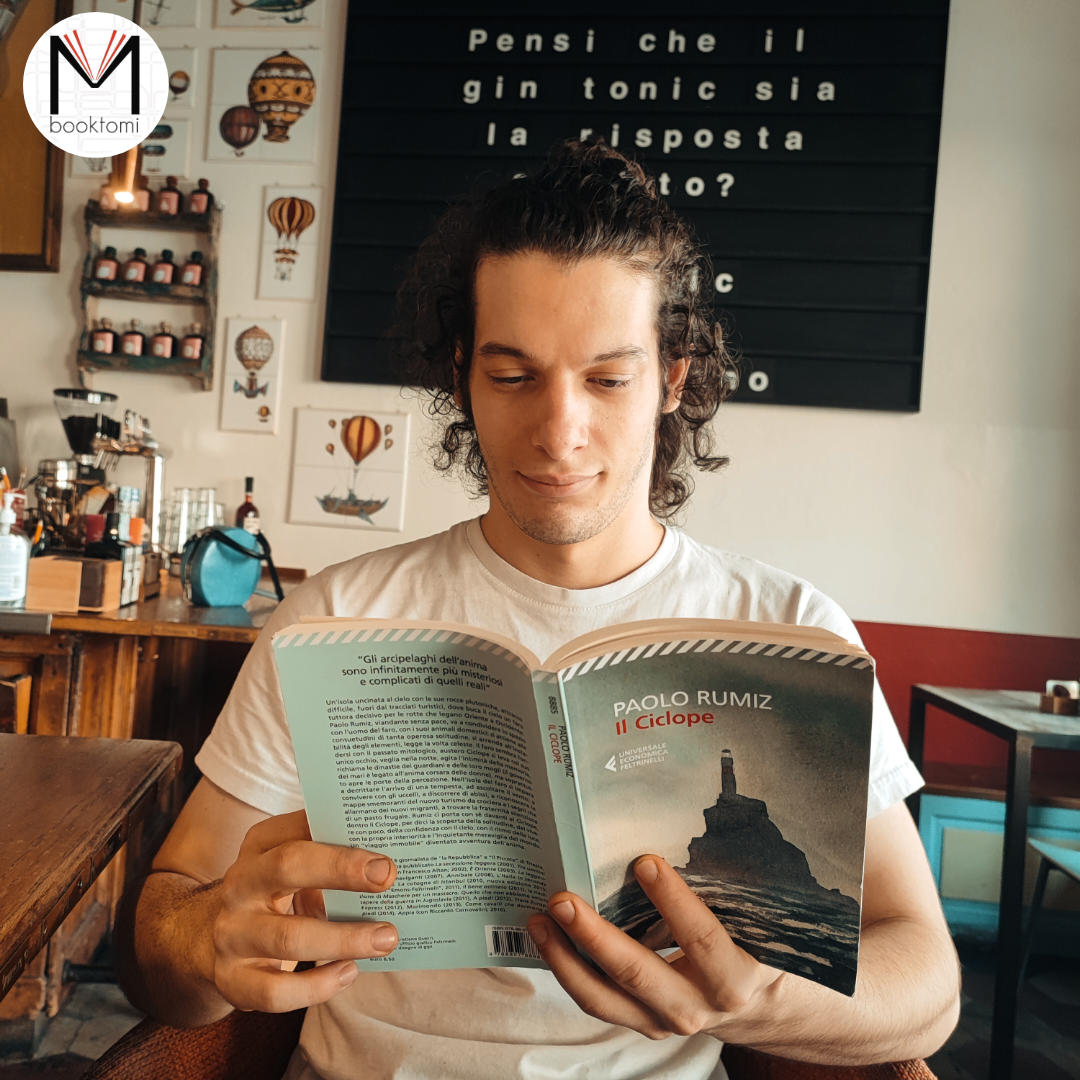“The lighthouse keepers are tough men, nailed to a rock. Absolute monarchs of their territory, and at the same time, recluse in confinement.”
A fascinating book, able to tell the experience of a motionless journey, in which what counts most is not the distance traveled, the monuments visited or the languages listened to, but the possibility of seeing life with other eyes, far from the chaos and from the modernity to which we are accustomed.
The author tells of his experience during his stay on a semi-uninhabited island in the Mediterranean, putting together the notes taken during the stay, and subsequent reflections; what could be defined as an atypical travel diary.
In this period, that he lived almost like a hermit, where the workers of the island’s lighthouse and nature keep him company, the writer finds within himself the company of his past, of what he was and what he studied to get lost in more profound reflections. profound and boundless reasoning, like the celestial vault that he has the good fortune to contemplate on clear sky evenings.
The name of the island is kept by the author as a precious asset, to prevent it from becoming a place of mass tourism, and thus ruining its peace. Even the clues that he sows in the story, to help the more attentive reader to identify it on the maps, are contradictory, saying for example that it is a rock, which however is impossible to miss; or that it is a microscopic island, but always present on maps because it is a fundamental point for navigators.
Don’t be fooled by the small number of pages, the book is particularly full of concepts and references to other texts that require a high level of concentration while reading. As well as the transition from the present to the past, and then again from a mythological story to one that actually happened, and many other deliberate contradictions. The risk of getting lost between the lines is high, not to say certain, but if it happens, use the previous pages as a lighthouse to trace the navigation and arrive at a safe port.
_____________________________________________________________________________________________________
Paolo Rumiz, The cyclops, Feltrinelli, Milano, 2015



